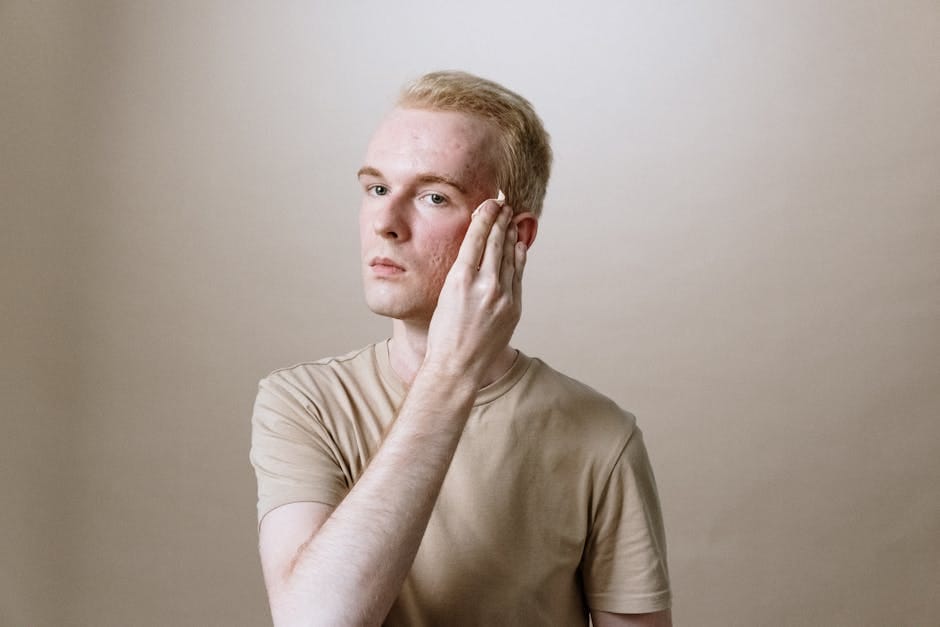Acne. The uninvited guest that shows up on your face just in time for that big date, job interview, or family photo. It’s a universal struggle, and throughout history, people have tried everything from strange concoctions to high-tech lasers to banish these pesky blemishes. So, what’s the deal with acne, and what can you actually do about it?
Acne develops when your hair follicles become plugged with oil and dead skin cells. This creates a breeding ground for bacteria, leading to inflammation and the dreaded pimple. Hormones, genetics, and certain medications can also play a role in acne development. While it’s most common during adolescence, acne can affect people of all ages.
There's a wide range of acne treatments available, from over-the-counter options to prescription medications. Over-the-counter treatments often contain ingredients like benzoyl peroxide or salicylic acid, which help to kill bacteria and unclog pores. These can be effective for mild to moderate acne.
If over-the-counter treatments aren't cutting it, a dermatologist can prescribe stronger medications. These might include topical retinoids, which help to prevent clogged pores, or antibiotics, which target the bacteria that contribute to acne. In some cases, oral medications like isotretinoin may be prescribed for severe acne.
Beyond medications, there are several lifestyle changes that can help to manage acne. Washing your face twice a day with a gentle cleanser can remove excess oil and dirt. Resist the urge to pick or squeeze pimples, as this can lead to scarring. And while it might be tempting to scrub your face vigorously, this can actually irritate your skin and worsen acne.
Diet and acne is a complex relationship. While there isn't definitive proof that certain foods cause acne, some studies suggest that a diet high in processed foods and sugary drinks may exacerbate breakouts. Focusing on a balanced diet rich in fruits, vegetables, and whole grains is generally a good idea for overall health, including skin health.
Stress can also contribute to acne flare-ups. Finding healthy ways to manage stress, such as exercise, yoga, or meditation, can be beneficial for both your mental and physical well-being, including your skin.
Ultimately, finding the right acne treatment is a personal journey. What works for one person may not work for another. Be patient, consistent with your chosen treatment, and don’t hesitate to consult a dermatologist if you’re struggling to manage your acne. They can help you develop a personalized plan to achieve clear, healthy skin.

